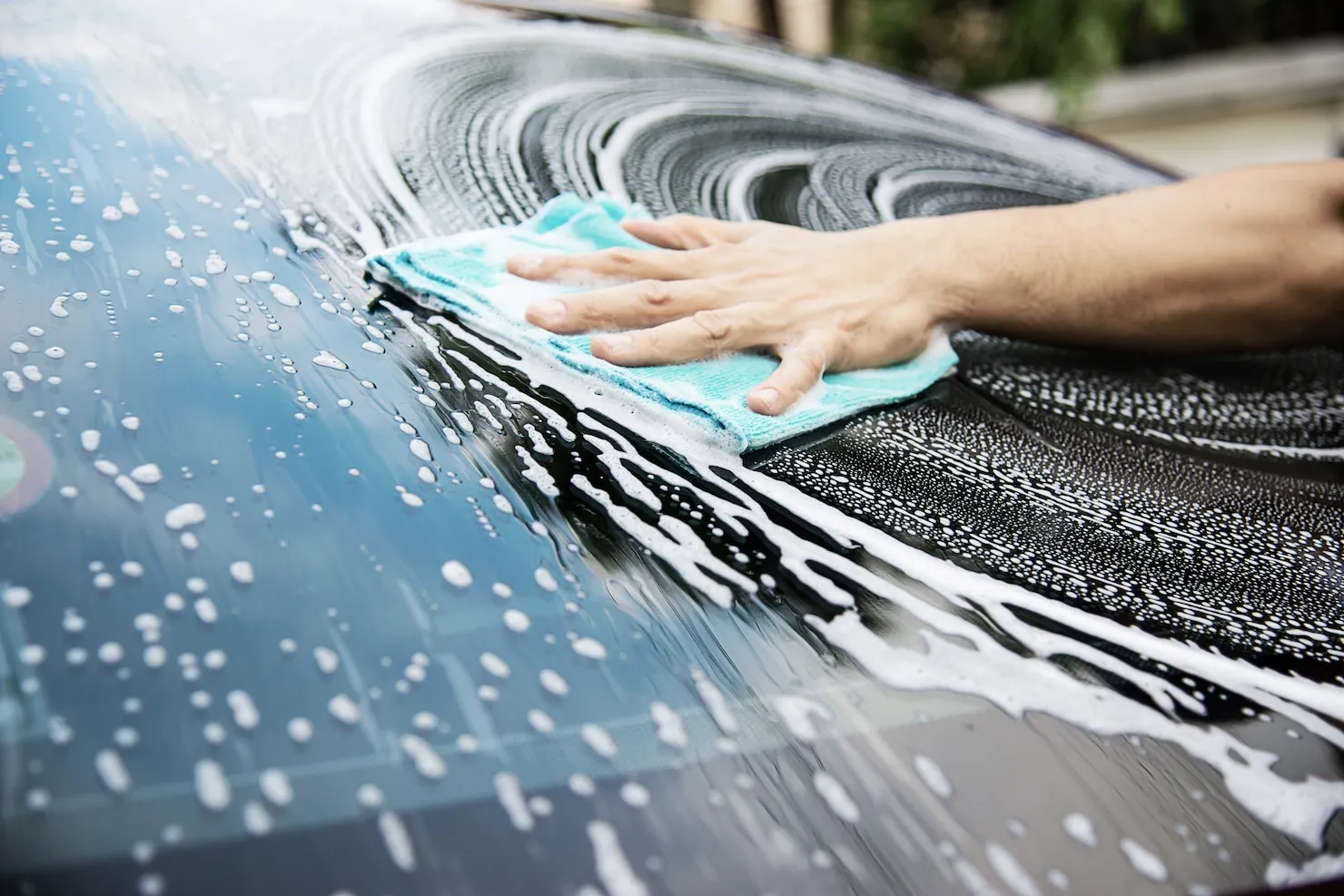
The Role of Truck Fleet Wash in Preventing Corrosion and Damage
Your truck fleet is more than a mode of transportation—it’s a high-value asset and the face of your brand on the road. Keeping it clean goes far beyond appearance. Routine, well-executed fleet washing is one of the most cost-effective ways to slow corrosion, protect components, reduce downtime, and extend service life.
At Power Clean Mobile Wash, we pair professional equipment with proven processes so corrosive contaminants don’t get a chance to settle in and cause damage.
Why Corrosion Is a Major Concern for Fleets
Trucks battle a constant mix of corrosive agents: road salt and brine in winter, fertilizers and dust in rural routes, industrial fallout in urban corridors, and oily residues from loading areas. Chloride ions from de-icing salts are especially aggressive; they penetrate coatings and attack metal at seams, welds, and threaded connections. Left on the vehicle, grime holds moisture against the frame, rails, brake lines, tanks, and electrical harnesses—accelerating rust and increasing the risk of leaks, sensor faults, and expensive part replacements.
Common high-risk zones:
- Undercarriage, crossmembers, and spring hangers
- Brake/fuel lines, fittings, and fasteners
- Wheel ends, hubs, and hardware
- Steps, handrails, door sills, and trailer landing gear
- Radiators/intercoolers and behind splash guards where debris packs in
How Professional Washing Interrupts the Corrosion Cycle
A purpose-built fleet wash removes salts, grime, and organic fines before they can react with the metal surface.
- Hot water & controlled pressure: Heat improves breakdown of oily films while calibrated PSI protects decals, sensors, and seals.
- Undercarriage focus: Directed lances and underbody rinses flush pockets where salt cakes and stays wet.
- Targeted detergents: pH-appropriate, biodegradable cleaners lift contaminants without harming finishes.
- Detail work: Rinsing behind guards, between duals, around air tanks, and in frame cavities prevents hidden rust from spreading.
- Rinse quality: A thorough final rinse reduces residue that can continue corroding after the wash.
If your fleet runs the 401/GTA corridors, scheduling regular service through our professional pressure washing services in Toronto helps keep winter brine and urban pollutants from taking hold.
Protecting Warranty, Uptime, and Resale
Corrosion-related failures—especially on lines, fittings, and electrical connectors—may fall outside warranty coverage. Clean, inspection-ready trucks help technicians spot seepage, cracked clamps, or rubbed hoses early, so you can fix small issues before they escalate. A presentable, well-documented fleet also commands better trade-in and resale value when it’s time to refresh equipment.
Environmental Responsibility Without Compromise
Professional washing isn’t just faster—it’s cleaner for the environment. Using biodegradable detergents and, where required, water management/reclamation practices, we keep sediment and hydrocarbons out of drains while still delivering a deep clean. This is crucial for distribution centers, municipal yards, and retail sites with sensitive stormwater requirements.
Building a Smart Fleet Wash Program
The right schedule depends on duty cycle, routes, and weather exposure. Use these guidelines as a starting point, then adjust based on inspection findings:
- Winter (salt/brine): Weekly or bi-weekly undercarriage emphasis
- Spring (pothole/grit season): Bi-weekly to clear compacted fines and dust
- Summer (construction/ag routes): Every 2–4 weeks depending on debris load
- Fall (leaf/organic load): Bi-weekly before freeze to prevent acidic buildup
- After events: Wash after major storms, brine applications, or muddy site work
- Before PM/inspections: Clean first so leaks, rubs, and cracks are clearly visible
Pro tip: pair washing with inspections
Plan your PM so the wash happens before the service bay. Clean equipment speeds inspections, improves accuracy, and makes photos more useful for maintenance history.
What a Professional Fleet Wash Includes
- Pre-site safety & walk-around (cones/signage, grate checks, environmental setup)
- Pre-soak & detergent dwell to break down salt, oil, and film
- Hot-water pressure washing of cab, trailer, frame, and running gear
- Undercarriage & wheel-end focus to flush hidden corrosion points
- Rinse of radiators/screens to restore airflow and cooling efficiency
- Detailing of steps/rails/handles to reduce slips and improve operator safety
- Final rinse & QA with optional photos for your records
Simple Cost Illustration
Consider a tractor that accumulates brine and grime through winter. Corrosion on a steel brake line or a seized fastener during routine service can trigger parts replacement, extra labor, and downtime. Compare those costs to a structured wash plan that keeps metals clean and reduces time spent wrestling with corroded hardware. Across a fleet, the avoided hours and parts quickly outweigh the modest, predictable cost of regular washing.
Operator Morale and Brand Image
Drivers take pride in well-kept equipment. Clean trucks improve morale and encourage better daily care—wiping seals, reporting minor issues early, and keeping cabs tidy. On the road and at customer docks, a clean fleet reinforces your professional image and trust.
Ready to Protect Your Fleet?
Whether you run last-mile delivery, regional LTL, or heavy haul, we’ll tailor a washing schedule that fits your routes and hours (including nights/weekends) with minimal disruption. If you’re planning seasonal changeovers or pre-inspection cleanups, we can coordinate multi-unit blocks to keep your trucks working.
Have questions or want a quote? Contact our team and we’ll map out a plan that matches your vehicles, sites, and compliance needs.

